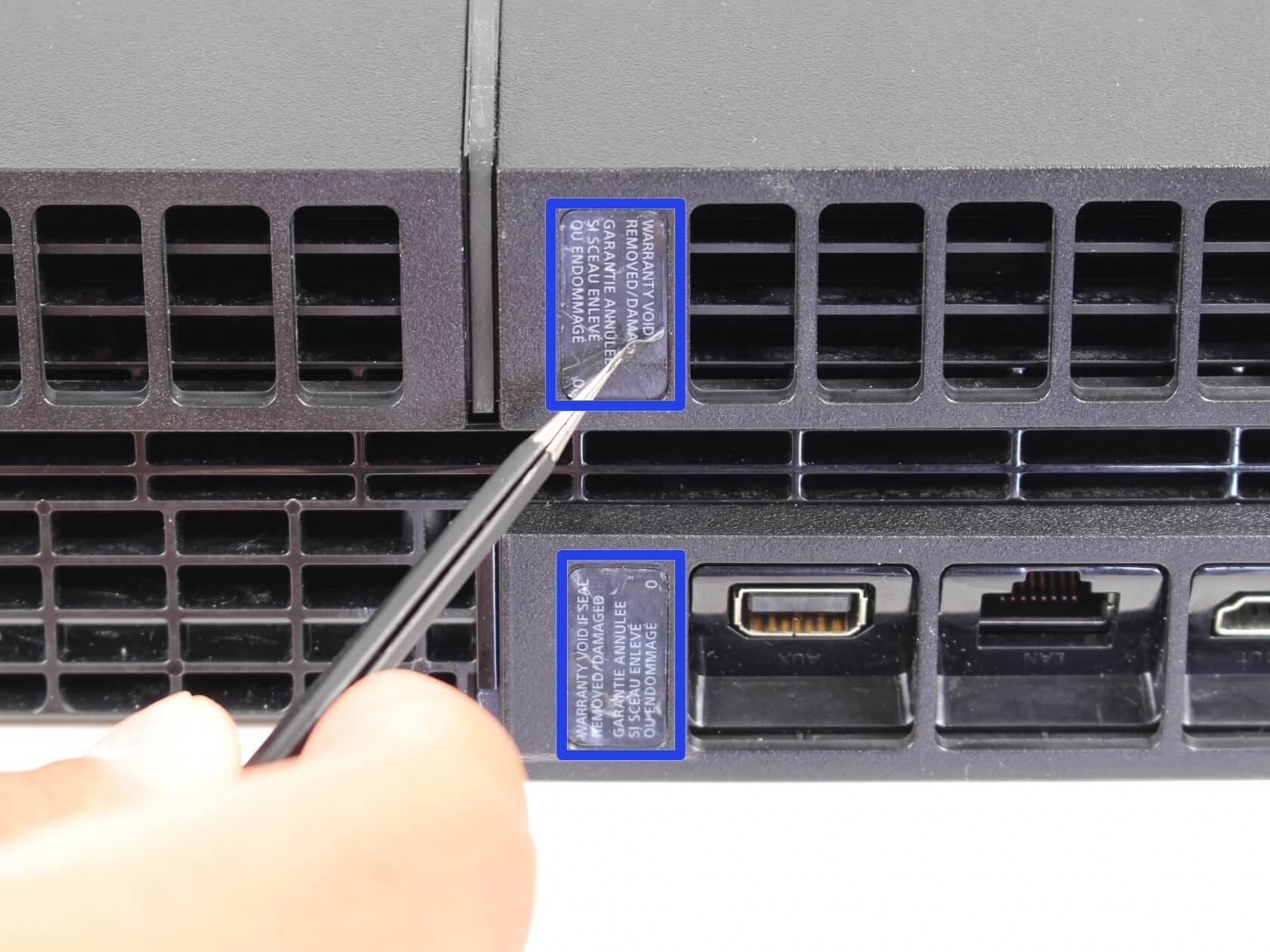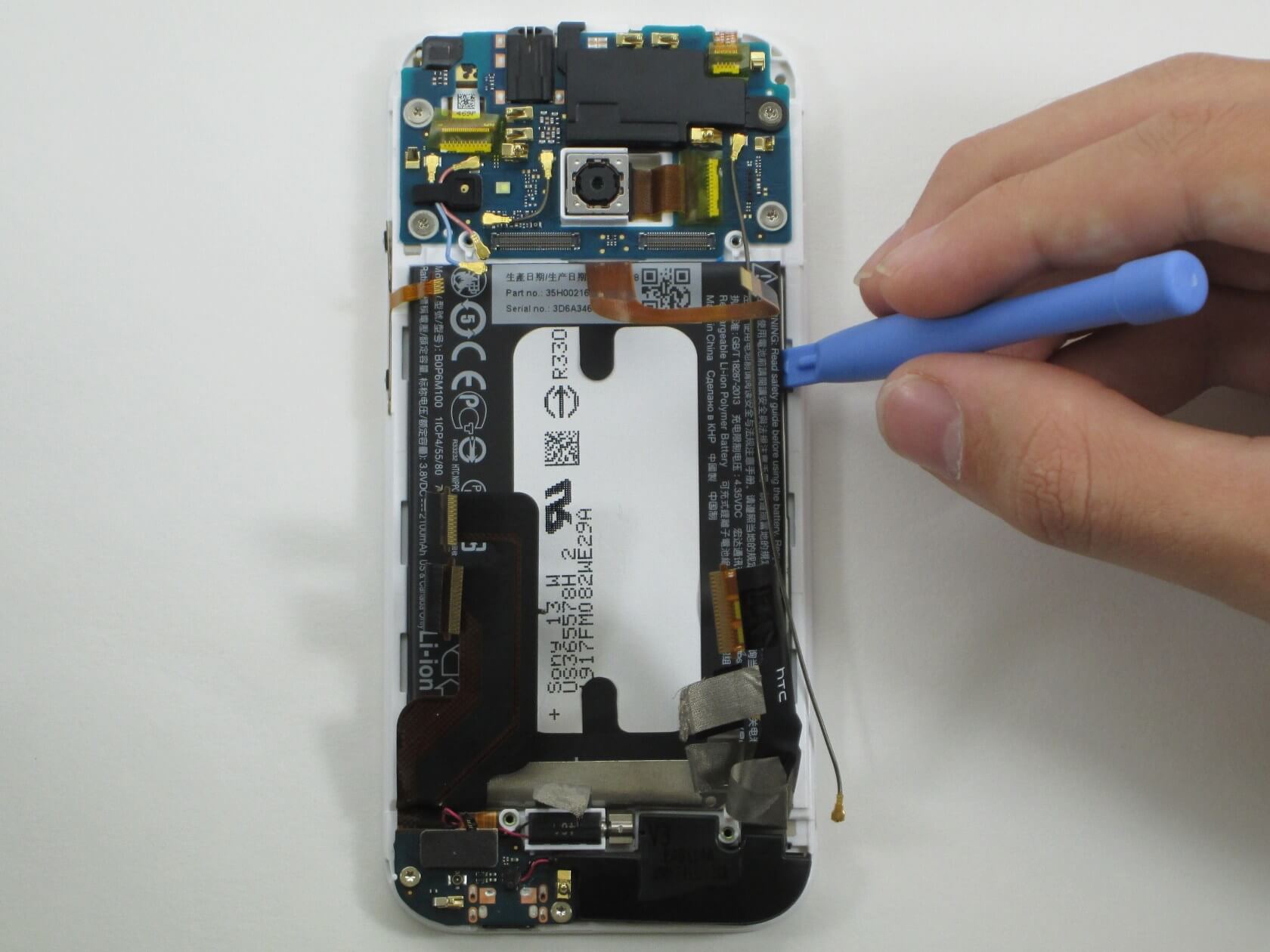Last month we reported that the Federal Trade Commission (FTC) had sent letters out to six companies warning them that their warranty policies were anticompetitive. At that time the FTC would not reveal which companies it was targeting. All it would say is that the companies market and sell automobiles, mobile devices, and video game consoles.
Thanks to a Freedom of Information Act (FOIA) request filed by Motherboard, we now know which six companies have received the warnings. The automobile manufacturer is Hyundai. The mobile device makers are Asus and HTC. The three big console makers Sony, Microsoft, and Nintendo, round out the group.
The letters that these companies received from the FTC warn that their warranty practices may violate a 1975 law called the Magnuson-Moss Warranty Act. This statute states that a company cannot put repair restrictions on its products unless they provide the parts or services for free or are otherwise granted a waiver from the FTC.
"Provisions that tie warranty coverage to the use of particular products or services harm both consumers who pay more for them as well as the small businesses who offer competing products and services."
One of the provisions that the FTC is taking issue with are those stickers inside products that inform you that your warranty will be voided if the label is tampered with or removed. Of course, these seals are put in places where they have to be removed or broken to make a repair.

The FTC also mentions other warranty language that might violate the law including:
The use of [company name] parts is required to keep your . . . manufacturer's warranties and any extended warranties intact.
This warranty shall not apply if this product . . . is used with products not sold or licensed by [company name].
Even though many other companies have similar warranty practices, the FTC is likely using these high profile manufacturers to send a message to the rest that this conduct is not okay and that it is, in fact, illegal to restrict consumers with these types of policies.
This is actually a big blow to companies like Apple, AT&T, John Deere, and others that have been lobbying against the Right to Repair movement. Having the FTC in the R2R's court is a big plus for third-party repair shops and consumers pushing for the freedom to chose where to have their products serviced.
Several locales including California are considering redundant legislation that essentially duplicates the language of the Magnuson-Moss Warranty Act since it seems the federal law has been forgotten. Hopefully, the FTC's letters will be a reminder to companies that the rules are still on the books.
The companies targeted had 30 days to from receipt of the letters to update their warranty policies. That deadline arrives in just over a week. The FTC will check at that time if appropriate changes have been made. Firms found in non-compliance may face enforcement actions from the government.
